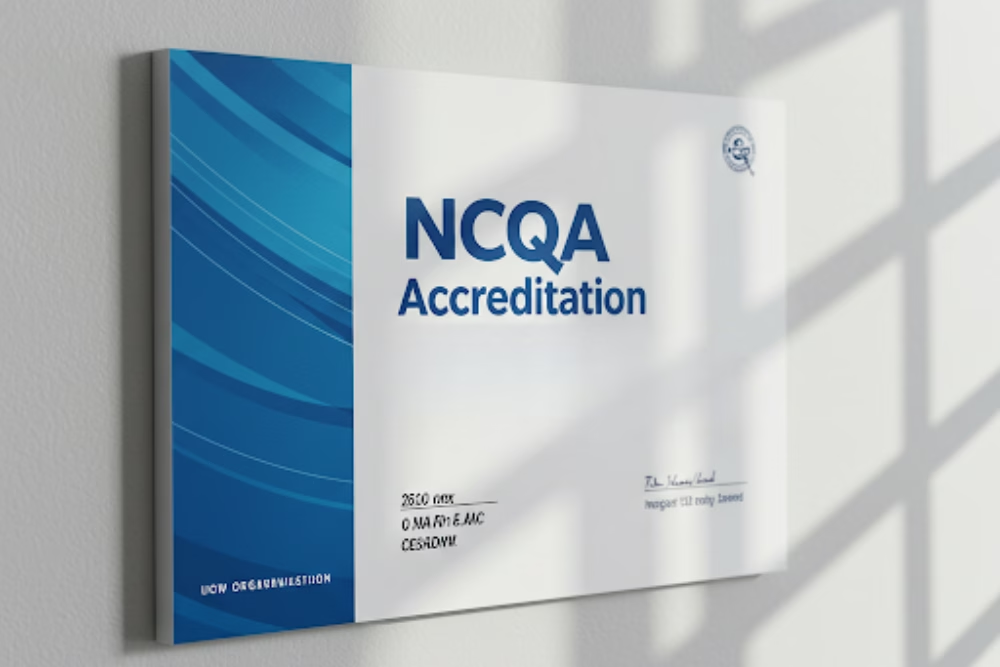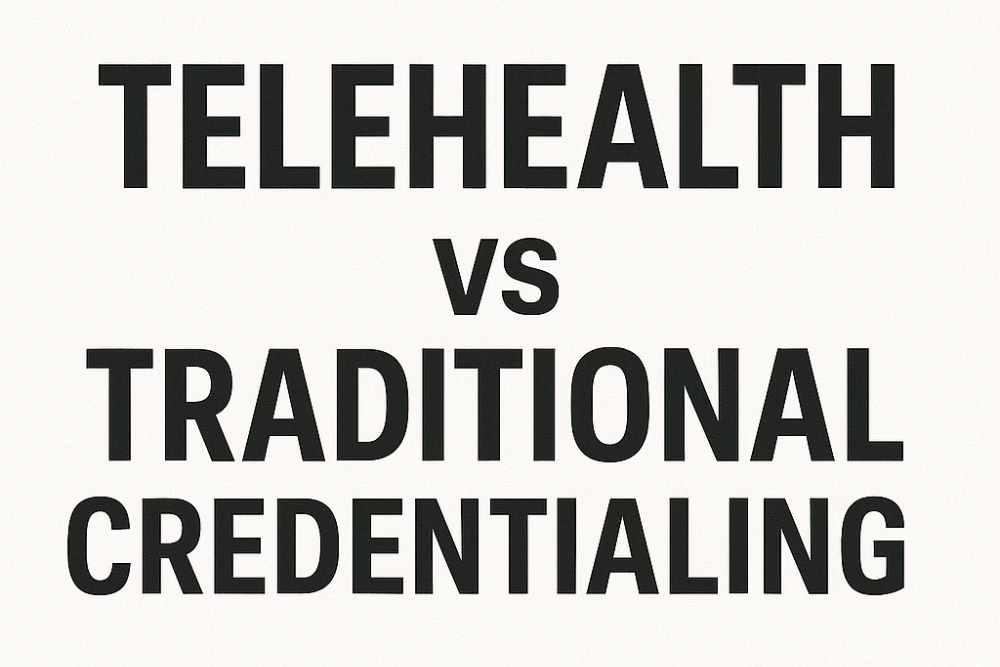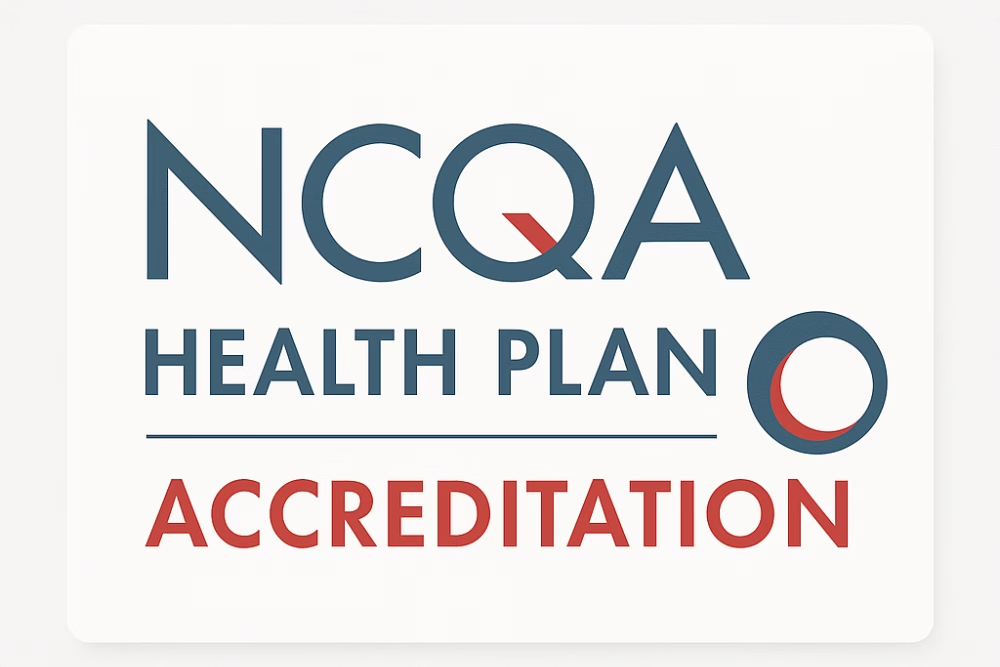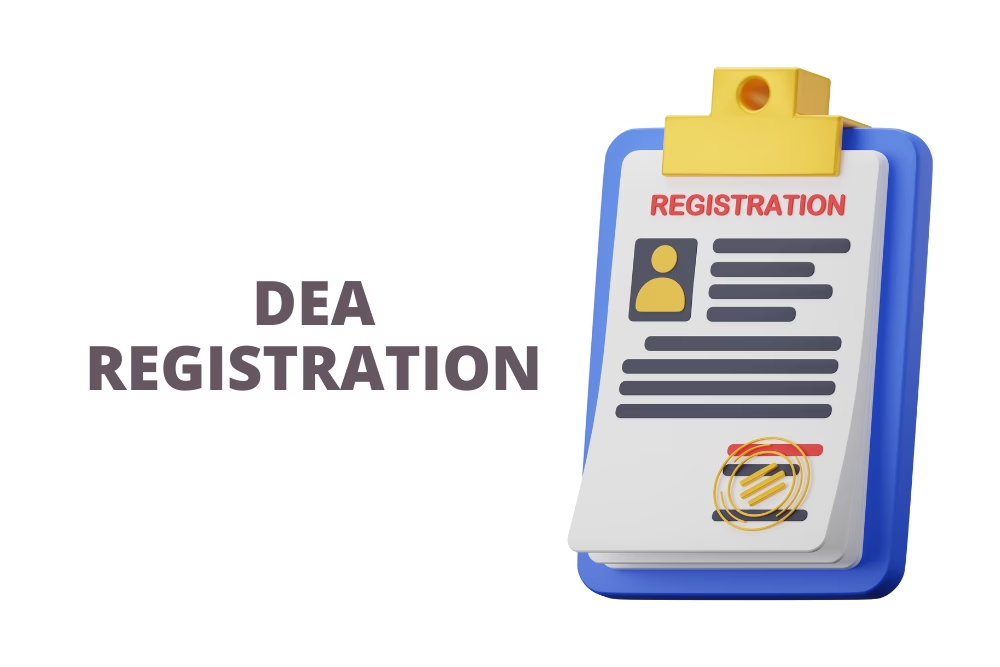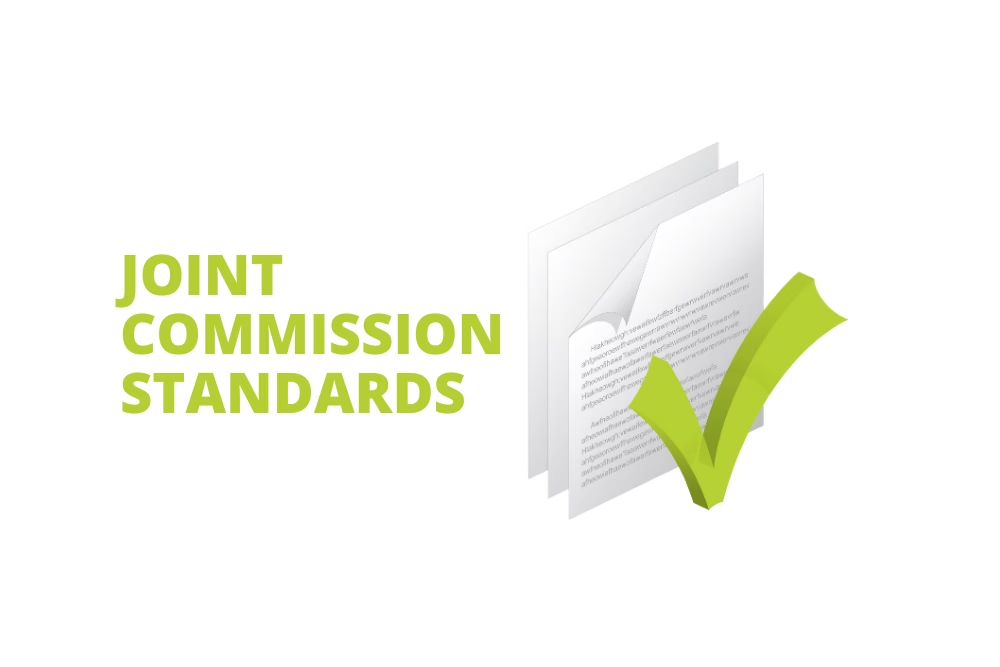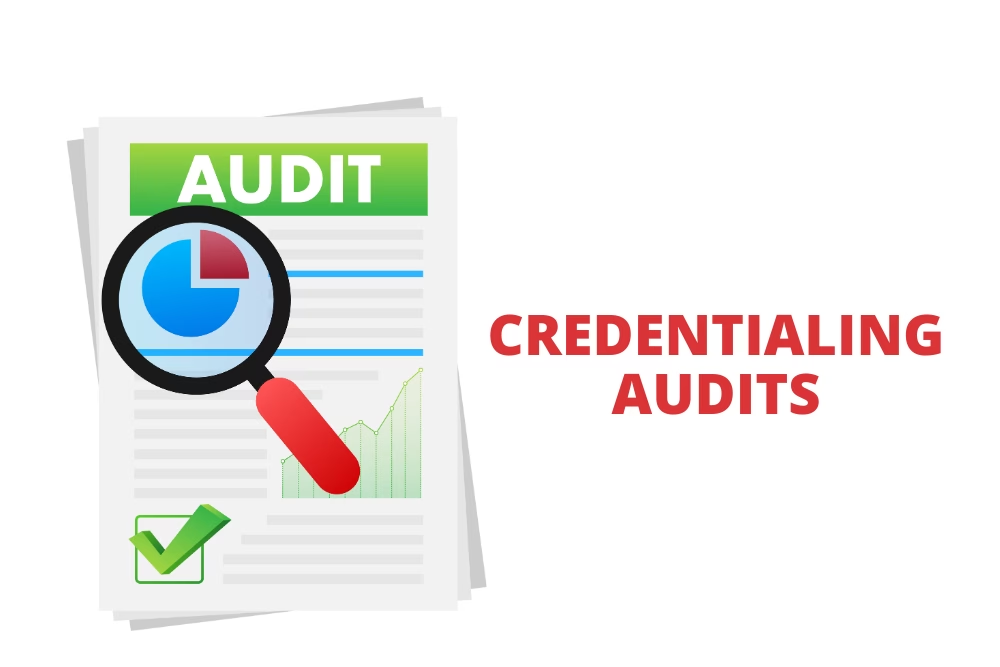In today’s fast-paced and quality-driven healthcare industry, credentialing, payer enrollment, and compliance are more than administrative tasks—they’re the foundation of a successful practice. For practice managers, healthcare providers, and clinic owners, staying ahead means embracing standards that not only protect your patients but also streamline operations. That’s where NCQA accreditation comes in.
What is NCQA and Why It Matters
The National Committee for Quality Assurance (NCQA) is a non-profit organization leading the charge in healthcare quality. Their mission? To improve the healthcare system by promoting high standards in care delivery, transparency, and operational excellence.
NCQA achieves this by offering well-structured accreditation and certification programs that ensure healthcare organizations meet industry-best practices, especially in the realm of provider credentialing.
Benefits of NCQA Accreditation for Your Practice
✅ Streamlined Credentialing
Get qualified providers on board faster by eliminating delays and bottlenecks in your credentialing and recredentialing processes.
✅ Quicker Payer Enrollment
An accredited process ensures faster approvals from insurance payers, boosting your cash flow and minimizing administrative friction.
✅ Elevated Patient Safety
Accreditation ensures that your credentialing systems are not only efficient but also rigorous, reducing risk and enhancing patient outcomes.
✅ Enhanced Trust with Stakeholders
NCQA’s stamp of approval strengthens your reputation with payers, regulators, patients, and staff—showcasing your commitment to excellence.
✅ Simplified Regulatory Compliance
Meeting NCQA standards often aligns with requirements for Medicare, Medicaid, and commercial insurers, reducing the risk of audits and penalties.
✅ Long-Term ROI
An efficient credentialing workflow means fewer denials, better revenue cycle management, and substantial cost savings.
NCQA Credentialing Programs to Know
If your focus is on provider onboarding and credentialing, NCQA offers two essential programs:
1. NCQA Credentialing Accreditation
Designed for healthcare organizations managing internal credentialing, this program reviews every aspect—from application review to ongoing monitoring.
2. NCQA Credentialing Verification Organization (CVO) Certification
Ideal for organizations that provide third-party verification services. This certification ensures that your credentialing data and processes are accurate, timely, and compliant.
Both programs require a deep dive into your operational workflows but result in long-term improvements in efficiency, compliance, and reputation.
Why It’s a Smart Move for Your Practice
Achieving NCQA accreditation is more than a checkbox—it’s a strategic move toward operational excellence. It signals to your patients, partners, and payers that your organization puts quality and safety first. In today’s environment, that’s not just important—it’s essential.
Let eClinicAssist Help You Succeed
Navigating the NCQA accreditation process can feel overwhelming, but you don’t have to do it alone. eClinicAssist offers the tools, support, and guidance you need to streamline credentialing, ensure compliance, and achieve accreditation success.
Reach out to eClinicAssist today and take your practice to the next level.

